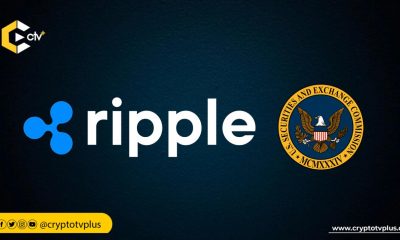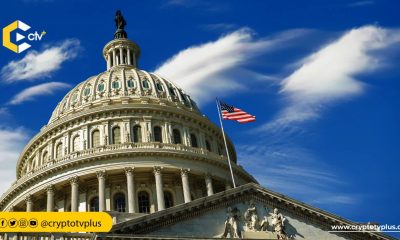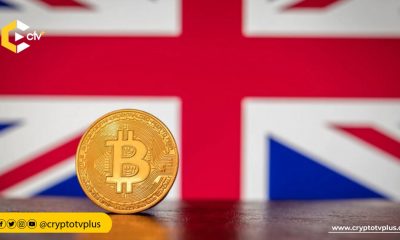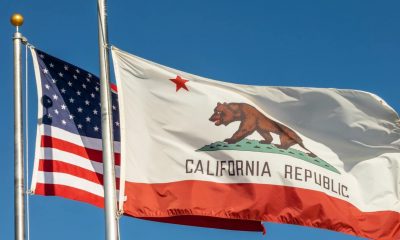News
Ripple CEO admits company’s mistake in not engaging regulators earlier

Ripple Labs’ CEO, Brad Garlinghouse, has admitted that the company should have spoken to United States regulators earlier. He believes that by delaying, Ripple and the entire cryptocurrency industry are now trying to catch up after facing legal challenges.
During the DC Fintech Week event on October 23, Garlinghouse shared that he has recently spent much more time in Washington, D.C., than in the past.
Reflecting on this shift, he expressed regret over Ripple’s initially slow approach to engaging with regulators, acknowledging that the company erred by not participating in regulatory discussions sooner and is now trying to recover lost ground.
Garlinghouse also point out that the U.S. lags behind other countries in establishing cryptocurrency regulations. He partly attributed this to Gary Gensler, the head of the Securities and Exchange Commission (SEC), accusing him of creating hurdles for the crypto industry.
Additionally, he criticized Senator Elizabeth Warren for spreading misinformation about cryptocurrencies.
He emphasized that Ripple is currently focusing on educating individuals about the significance of the crypto industry. According to Garlinghouse, Ripple’s delayed engagement has negatively impacted both the company and the broader industry’s growth in the U.S.
Furthermore, Ripple has been active in political donations. The company has contributed nearly $50 million to the pro-crypto FairShake PAC, which backs candidates from both major political parties who have a favorable stance on cryptocurrencies. A few weeks ago, Ripple co-founder donated $1M in XRP to the Kamala Harris campaign.
Ripple and SEC legal battle
The legal battle between the U.S. Securities and Exchange Commission (SEC) and Ripple Labs centers on whether Ripple’s cryptocurrency, XRP, should be classified as a security.
In December 2020, the SEC filed a lawsuit against Ripple, claiming the company raised over $1.3 billion through an unregistered securities offering by selling XRP.
The SEC argues that XRP qualifies as a security under the Howey Test, a legal standard for determining “investment contracts.” If XRP is deemed a security, Ripple would have been required to register its sales with the SEC or qualify for an exemption.
Read also: Ripple and SEC pause $125M payment as appeal discussions loom
Ripple contends that XRP is not a security but a digital currency, similar to Bitcoin or Ethereum, which the SEC does not classify as securities. Ripple further asserts that the SEC did not provide clear guidance on XRP’s status before the lawsuit and that XRP has long been traded as a currency without regulatory interference.
The case holds significant implications for the broader cryptocurrency industry, as it could set a precedent for classifying and regulating other digital assets.
In 2023, the court delivered a partial ruling: XRP itself is not a security when sold on secondary markets, such as exchanges, but Ripple’s direct institutional sales of XRP were deemed unregistered securities transactions.
Both parties view this ruling as a partial victory. The case remains ongoing, with potential appeals and other legal actions still in progress. The outcome may shape the future of crypto regulation in the U.S.

























Pingback: Blockchain Logo: Design Your Digital Identity